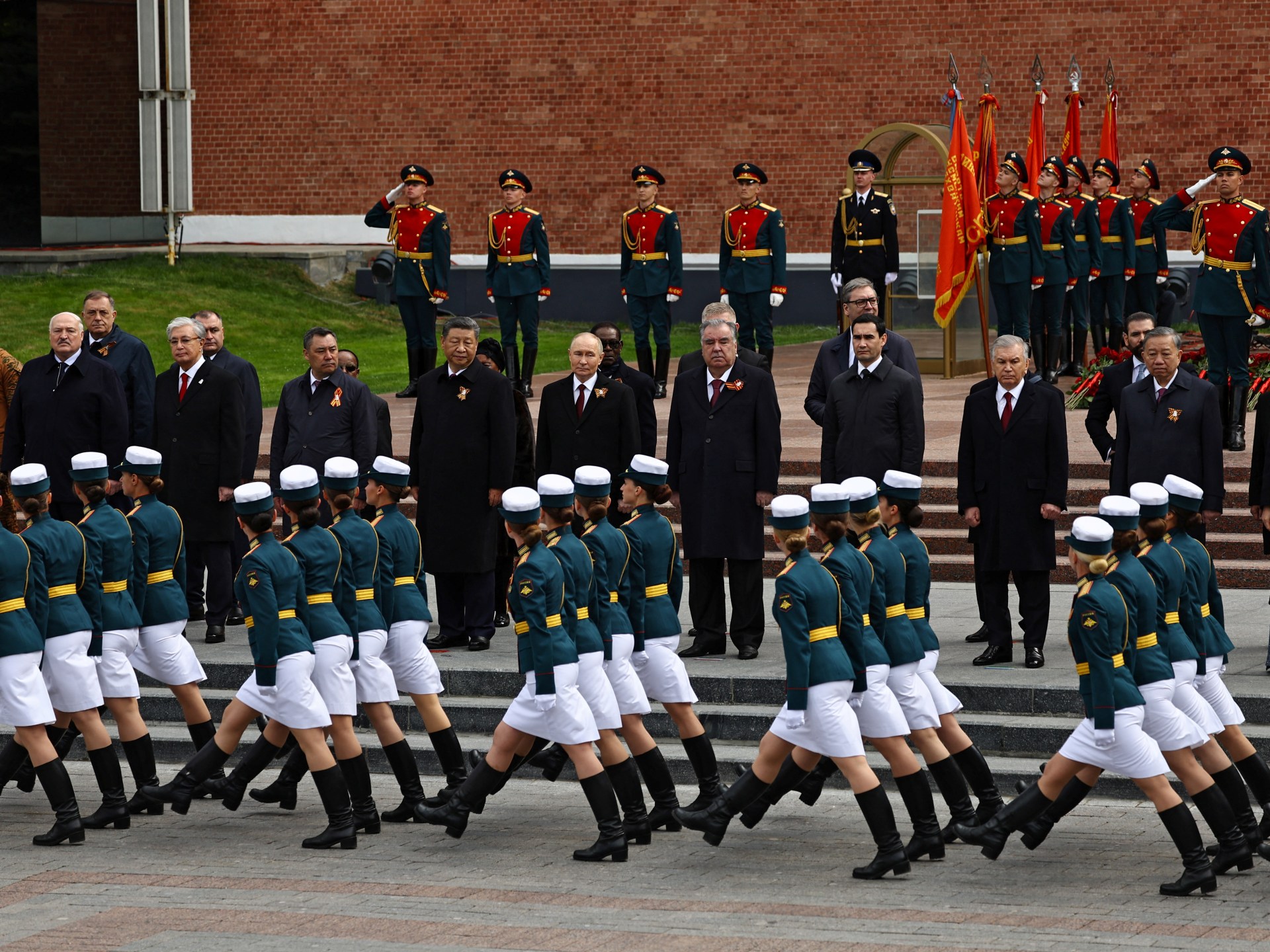One Direction singer Liam Payne’s estate was valued at a hefty £28,595,000, and later slimmed down to £24,280,000 post debts and bills
Liam Payne’s girlfriend, Kate Cassidy, could possibly claim a percentage of the One Direction singer’s £24million fortune if she chose to make a claim in the courts, reports suggested. Liam tragically died in October last year at the age of 31 after falling from a hotel balcony in Buenos Aires.
Five people were initially charged over his death, however three of them have now had the charges dropped including Liam’s friend Roger Nores. Liam’s estate was valued at a hefty £28,595,000, and later slimmed down to £24,280,000 post debts and bills. According to court documents filed on May 1, with Payne having died without a will, his ex Cheryl Tweedy, who shares an eight year old son named Bear with him, has been tasked with handling his assets.
READ MORE: Argos’ surprise iPhone sale could convince fans to upgrade as £200 is cut from price
Music lawyer Richard Bray was also named as an administrator. Under UK intestacy rules, Liam Payne’s son, Bear, is poised to inherit his late father’s wealth in a trust.
A source recently told The Mail’s Katie Hind: “Liam had some very sensible people around him for a time and he adored Bear so much. He always wanted to do the right thing by him financially.
“It is a small consolation that Bear will never want for anything, that he will at least benefit from that.”
Meanwhile, it’s said Kate – who was dating Liam for two years at the time of his tragic death – could possibly seek to claim a small percentage of his money because of their living arrangements and future engagement plans.
According to The Sun, Kate could seek ‘reasonable financial provision’ under the UK’s Inheritance Act if she claims to have been financially dependent on the singer.
Kate previously revealed how she and the Strip That Down singer were planning their engagement and future before his death.
However, after the news of his fortune was published, model Kate posted light-hearted Instagram post just hours after it was revealed Liam tragically died without leaving a will.
Kate shared with her 900,000 followers a snap revealing her bag’s contents – a Starbucks snack and hair extensions – with the cheeky caption: “What’s in your purse? ? ? Mine: starbucks and @glamseamless.”
Meanwhile, according to some of Liam’s friends, the superstar made arrangements “some years ago” to ensure his money would go to his only child in the event of his death.
An insider previously told The Daily Mail: “Liam had some very sensible people around him for a time and he adored Bear so much. He always wanted to do the right thing by him financially. It is a small consolation that Bear will never want for anything, that he will at least benefit from that.”
The Mirror have reached out to Kate for comment.
Follow Mirror Celebs on TikTok, Snapchat, Instagram, Twitter, Facebook, YouTube and Threads.
READ MORE: Foreo’s LED device that ‘instantly lifts’ and makes the skin ‘look younger’ gets £68 price cut









